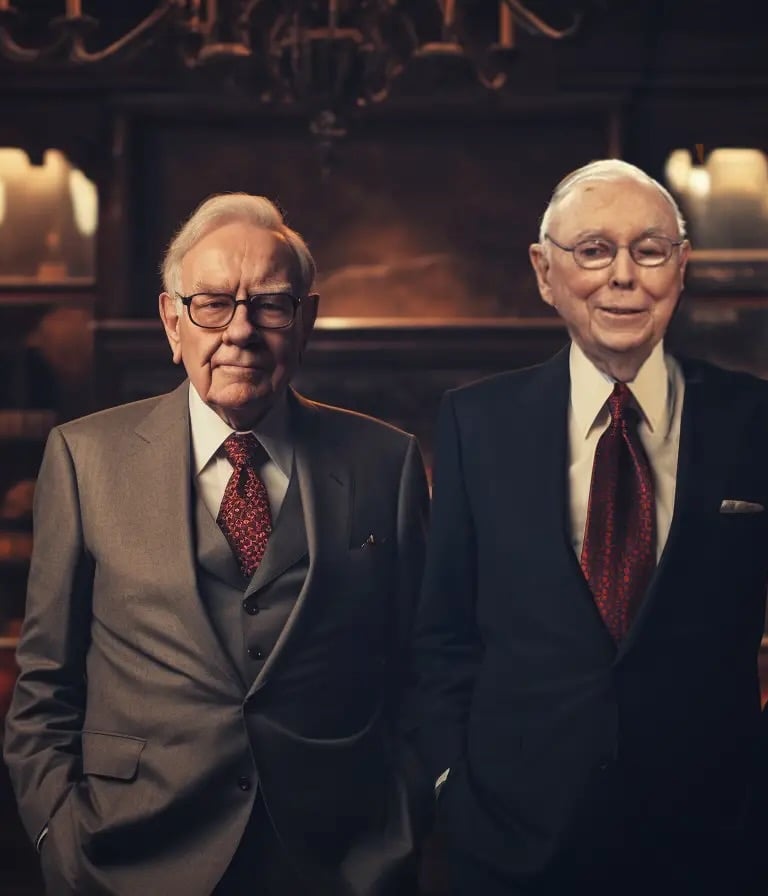Investment Philosophy
My approach to investment starts with a clear understanding of businesses. Buying a stock means owning a piece of that business. Picture it like running a coffee shop while also owning Starbucks stock. To do this effectively, I need to know the ins and outs of the business, either by being a customer or understanding its products and services well.
Fundamentals are key. Every business is a machine designed to generate cash flow, and it needs to do so reliably over the long term. I'm not in it for quick wins; I'm focused on long-term returns. Patience is crucial, echoing Warren Buffett's sentiment that temperament beats intellect when it comes to investing.
The first question I ask myself is whether I'd buy the entire business if I could. If not, I'm not interested in owning a piece of it. My investment philosophy centers on the middle and long-term, and I'm willing to hold onto stocks until significant changes in the scenario arise.
Past performance doesn't guarantee future success. What matters most are management capabilities, solid business principles, fundamentals, and a bit of luck. Understanding the management team's skills and how they adapt to changing conditions is vital, as markets, competition, and regulations are in constant flux.
When I'm convinced of a business's future, I see market downturns as opportunities to reduce my average cost. I don't panic; I maintain a rational perspective even when the market fluctuates. I focus solely on public equities in the US and Turkey, choosing only a few stocks for my portfolio.
Beating the market isn't easy. It requires concentrated portfolios and taking substantial risks. Overdiversification, as Charlie Munger notes, is for those unsure of where to invest. A strong brand image and reputation are essential, as they bring reliability and long-term conviction.
I prioritize cash flow performance when analyzing numbers, believing it's the ultimate performance indicator for a company. I use metrics like EV/FCF, EV/EBITDA, and Gross Profit Growth to measure business effectiveness and productivity.
Finding a competitive advantage takes time. I research extensively to understand how a company's products or services stand out from competitors'. I also pay attention to the portfolios of respected investors like Warren Buffett, Bill Ackman, Li Lu, Brad Gerstner, Karthik Sarma and Michael Burry.
While I focus on intrinsic values, I also keep an eye on market dynamics, economic agendas, and international politics. These factors—wars, pandemics, technological advancements, geopolitical tensions, and governmental actions—shape business performances.
In sum, my approach to stock market investments is comprehensive. It involves understanding business fundamentals, market dynamics, political and economic circumstances, financial analysis, competitive advantage, management quality, and personal judgment.


